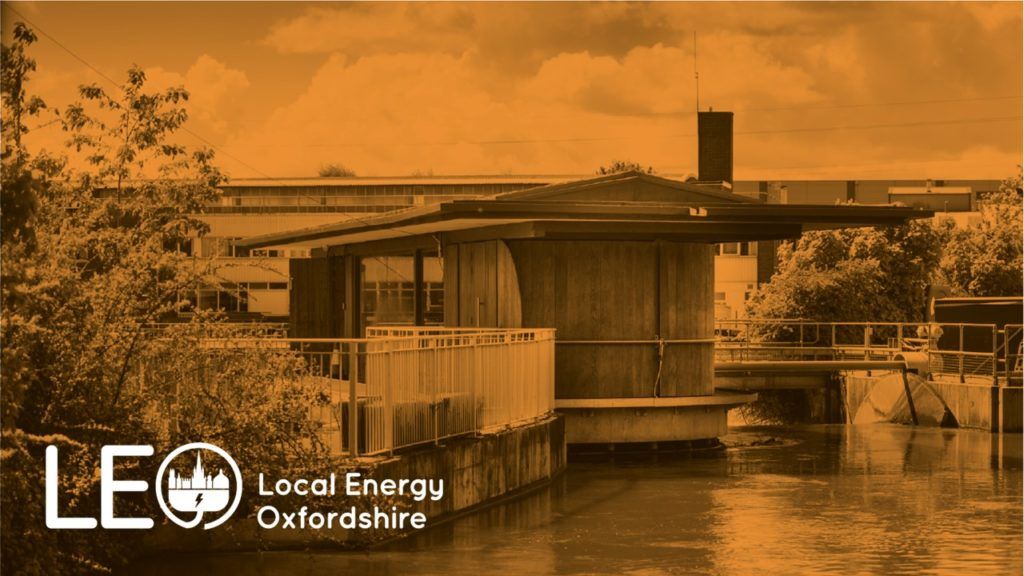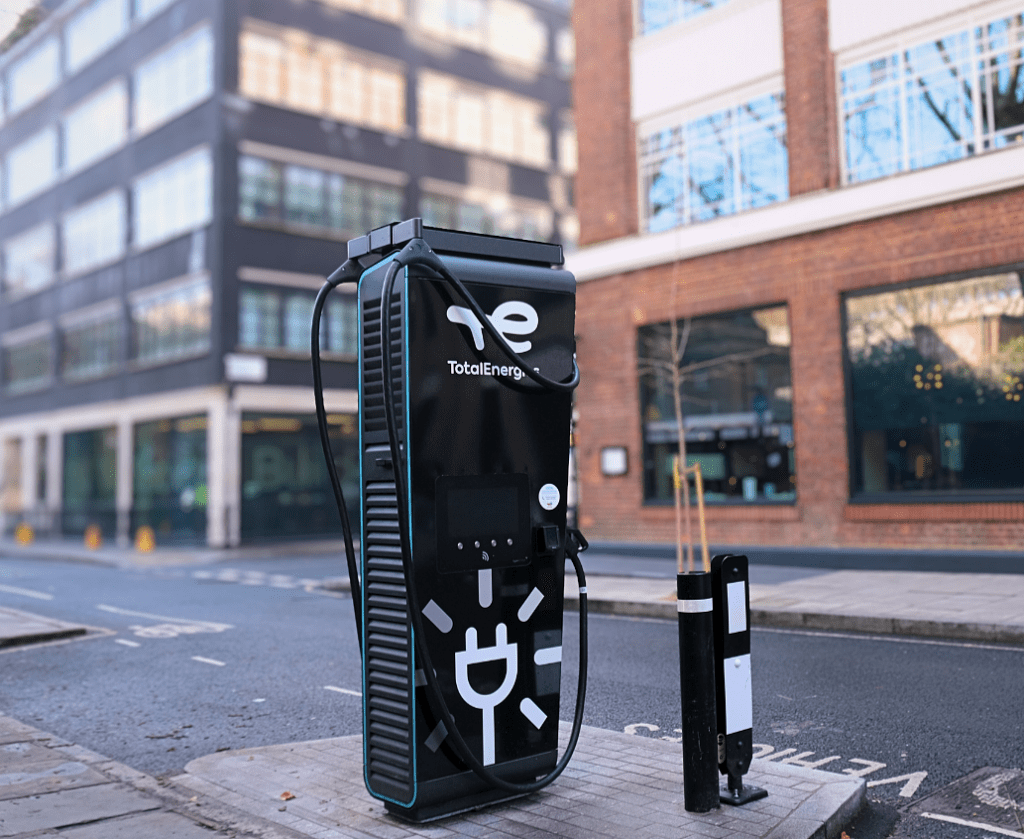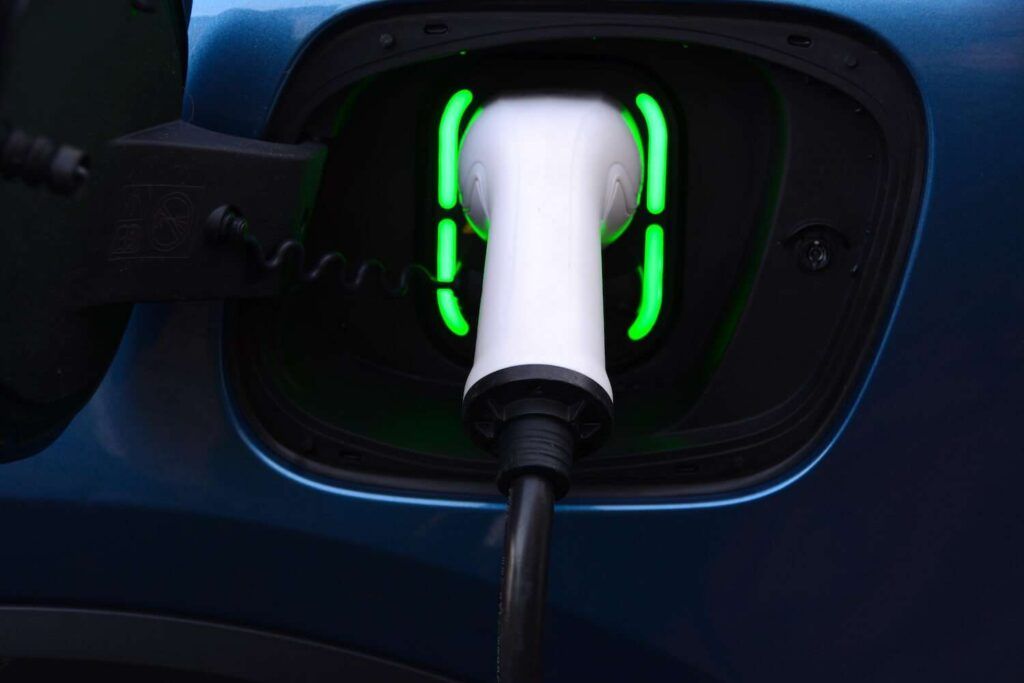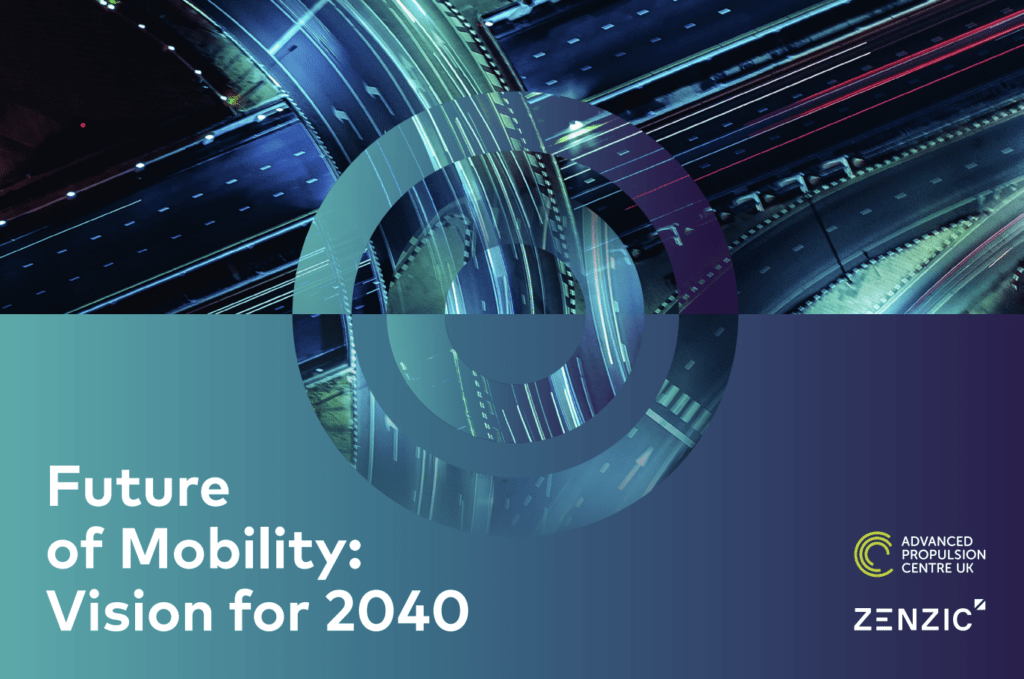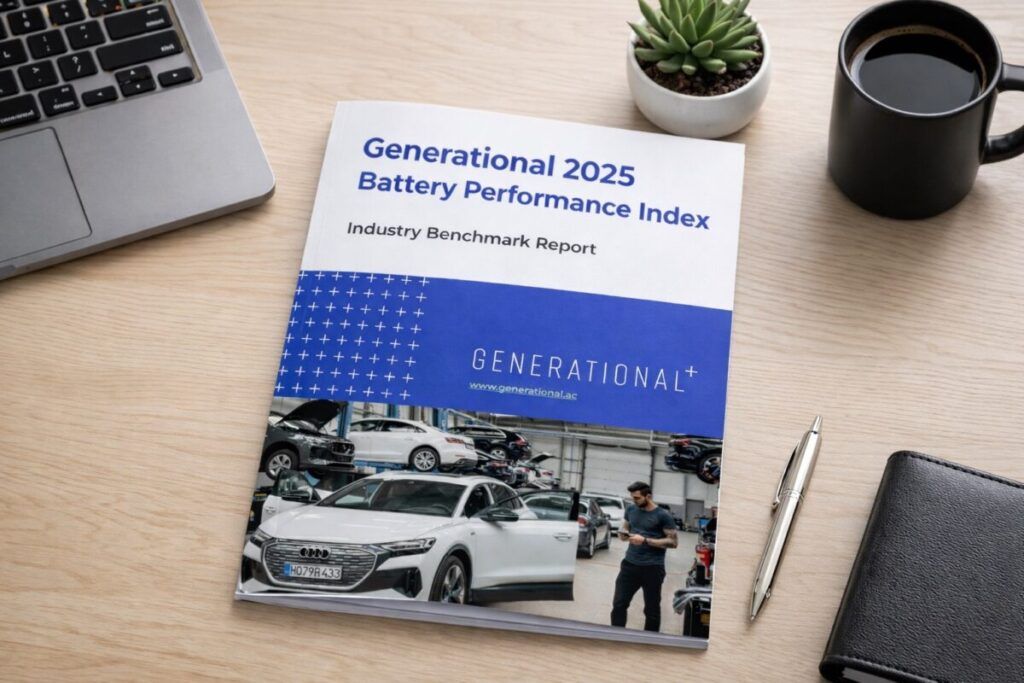The findings from Project Local Energy Oxfordshire (LEO) – an ambitious four-year innovation project led by Scottish and Southern Electricity Networks (SSEN) Distribution to replicate the energy system of the future – have been published.
Project LEO tested how flexibility at the ‘grid edge’ can help the UK achieve its decarbonisation commitments, whilst bringing value to people, communities and the wider energy system.
The UK Government has committed to decarbonise the electricity system by 2035 and new sources of clean generation are connecting to the distribution network. Simultaneously, electricity demand is increasing as people adopt cleaner technologies such as electric vehicles and heat pumps.
To meet these joint challenges and enable the transition to net zero, SSEN established Project LEO in collaboration with nine partners from business, academia, social enterprise and local government, to understand how electricity networks can make full use of capacity on the network and work to support local communities’ net zero ambitions. This meant identifying the smart technologies, services and markets that must be developed and the new opportunities to be seized for a just and cost-effective transition to net zero.
The learnings from Project LEO are now being shared with the industry and policymakers in a final report, published today (22 February), to help deliver the structures that will enable and support the transition to net zero. Chris Skidmore MP, Chair of the Net Zero Review, hosted an event in central London where the results were published.
Key recommendations are:
1. Local Area Energy Plans (LAEPs) should be mandatory, convened by local authorities whose central role is supported by appropriate resourcing, and dedicated to a ‘whole systems’ approach that will adopt the best solutions for each area, informed by the priorities of the local community.
2. Aggregators, in the widest sense, are essential to develop flexibility markets, offering the skills and expertise that can open up participation in flexibility markets to whoever wishes to engage: this will be core to delivering a fair transition.
3. The regulatory framework must support network operators’ ability to invest in electricity infrastructure, data and digital for the long term and in anticipation of new demand, to ensure our net zero targets are reached.
Mel Bryce, Oxfordshire Programme Director for SSEN Distribution said: “Project LEO was ambitious in its scope from the start, taking a ‘whole systems’ approach at a local level and trialling how local assets, such as buildings and local communities can use smart, clean technologies to help balance the local network. In doing so we identified benefits to residents, local communities, energy generators and electricity networks, but we also found ways in which the policy and regulatory frameworks could better support the transition to net zero.
“Our report published today sets out the measures to speed progress on technical, commercial, social and regulatory areas. To deliver a decarbonised electricity system in just a dozen years, I encourage policymakers to be bold: take action now to ensure the knowledge, skills and markets are in place. I look forward to building on our learnings to help embed LEO learnings in the UK’s net zero future.”
Chris Skidmore MP, Chair of the Net Zero Review said: “Project LEO is a ground-breaking trial which has advanced our collective thinking on how to make decarbonisation feasible and beneficial at the local level. Our electricity networks lie at the heart of some of the most difficult problems that must be solved if the UK is to meet its net zero targets and Project LEO has made a massive contribution to identifying and proposing solutions for those challenges.
“Making maximum use of the infrastructure we have in place is vital, but network operators must also be allowed to anticipate future demand and invest ahead of need, increasing the capacity of their network. Delays in expanding grid capacity mean cheap, low carbon power, and the goodwill of engaged communities, risks being wasted.”
Download the report here
Image courtesy of SSEN.




